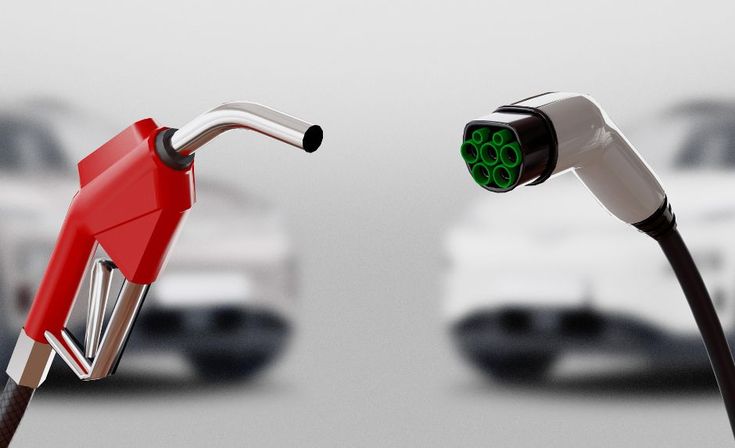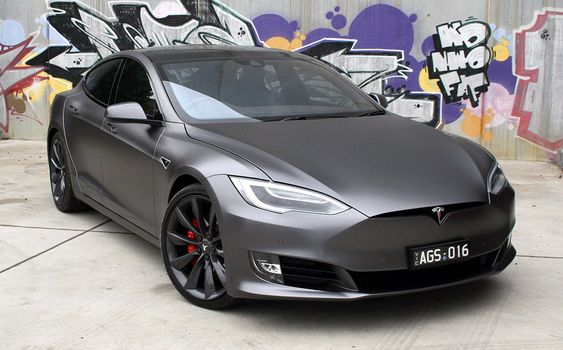Introduction:
The automotive industry is undergoing a significant shift towards sustainable transportation, with hybrid and electric vehicles leading the charge. Both offer compelling benefits over traditional gasoline-powered cars, but they cater to different needs and preferences. This article will delve into the advantages of each technology, helping you make an informed decision about which type of vehicle best suits your lifestyle and priorities.

Hybrid cars combine a gasoline engine with an electric motor, offering fuel efficiency without sacrificing the convenience of a traditional combustion engine. Electric vehicles, on the other hand, run solely on electricity, providing zero tailpipe emissions and a quieter driving experience. While both options contribute to a greener future, their unique characteristics and benefits make them suitable for different drivers.
Fuel Efficiency and Cost Savings:
One of the primary drivers for choosing a hybrid or electric car is their potential for fuel savings. Hybrids achieve better fuel economy than gasoline-powered cars by using the electric motor to assist the engine during acceleration and braking, reducing fuel consumption. Electric vehicles, however, go a step further, eliminating gasoline altogether and relying solely on electricity. This translates to significant cost savings on fuel, especially in the long run.
Environmental Impact:
Both hybrid and electric cars contribute to a cleaner environment by reducing greenhouse gas emissions. Hybrids emit fewer emissions than gasoline-powered cars, while electric vehicles produce zero tailpipe emissions, making them a more sustainable choice. However, it's important to consider the entire life cycle of each vehicle, including the manufacturing process and battery disposal, to assess their overall environmental impact.
Performance and Driving Experience:
Hybrids offer a smooth and responsive driving experience, thanks to the seamless integration of their gasoline engine and electric motor. Electric vehicles, on the other hand, provide instant torque and a silent ride, enhancing the overall driving pleasure. While hybrids may not offer the same level of acceleration as some electric models, they provide a comfortable and efficient driving experience.
Maintenance and Costs:
Electric vehicles typically require less maintenance than gasoline-powered cars, as they have fewer moving parts. However, replacing the battery pack can be expensive, and the availability of charging infrastructure can be a factor to consider. Hybrids, while requiring more maintenance than electric vehicles, still offer lower maintenance costs than traditional gasoline cars.
Conclusion:
Choosing between a hybrid and an electric car depends on individual needs, preferences, and priorities. Hybrids offer a balance of fuel efficiency, performance, and affordability, while electric vehicles provide the ultimate in sustainability and a unique driving experience. By carefully considering the benefits and drawbacks of each technology, you can make an informed decision that aligns with your driving needs and environmental values.





